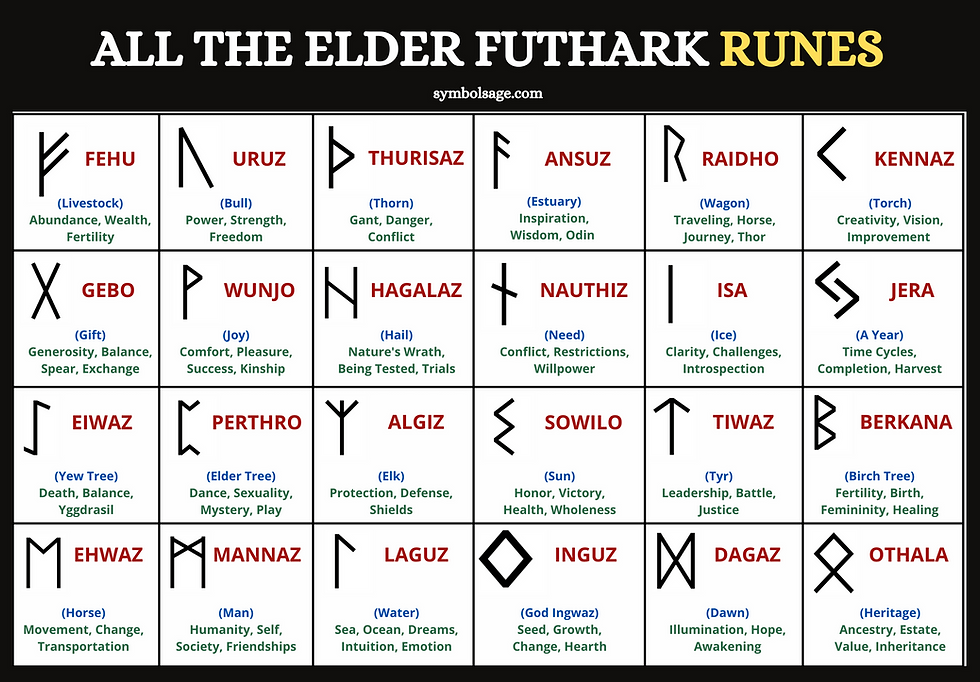Nine skills
- bernienapp
- Aug 8, 2025
- 3 min read
In Viking tradition, the accomplished person is one who has mastered nine skills. The poet who wrote the list was born in Norway, and became an earl in the Orkney islands of Scotland in the early 1100s.
What has this to do with Estonia, one may ask, and the answer is that it is an interesting list, and, perhaps, even relevant. In her book Ivory Vikings (2015), Nancy Marie Brown recites Kali Kolsson’s poem:
“I am eager to play chess
I have mastered nine skills
I hardly forget the runes
I know how to ski
My shooting and sailing skills are competent
I can both play the harp and construe verse”
Notice how there are blogposts already on 7 of the above themes, if one includes boating within “sailing”. Other versions of the poem mention rowing, or boating in general.
The nine skills could have entered Estonian culture from the north; earl Kali’s poems were set down in the Orkney Islanders’ Saga around 1190, and Danish conquerors took northern Estonian territory for their own in the early 1200s.

Kali Kolsson’s concept is not entirely original; it derives from Petrus Alfonsi’s similar but different list of a Mediaeval knight’s expected abilities: “riding, swimming, archery, boxing, hawking, chess, and verse-writing”.
Reflecting on the earl’s name, kali is a fermented grain drink in Estonia, known as kvass in Scandinavian languages, and Koli is a national park in the Karelian part of Finland. Was the man posted to the Orkneys actually descended from Finnic ancestors?
It’s plausible, if one tries Kalevi as a first name in honour of the father of the Estonian national mythical hero, Kalevipoeg, or of the equivalent Finnish hero, Kalervo, whose son was Kullervo. These sorts of names look markedly different to the Scandinavian likes of Sven, Erik, Harald, Loft, Lars, Leif, or Bjarn. The last means “bear”, which in Estonian is karu. Karl doesn’t count because it is a variation of the Roman name, Carolus, hence also Charles in French and English.
Finland does not share a border with Norway except in the far north, in the territory known in Norse languages as Finmark. This is the home today of the Sámi people, or Laplanders, who once extended much further south in their range, and the Sámi speak languages that are closely related to Finnish and Estonian.
So, the question becomes: do the nine skills in Viking tradition actually have a Finnic origin? After all, Uralic peoples invented skiing and an ancient boating technology, could have transmitted runes from southern and central European peoples to the north, and, it’s possible their carpentry surpassed that of the cultures they supplanted in their westward migration some 3,000 years ago. These four “skills” are not on the Petrus Alfonsi list, while the other four are, leaving musicianship, which is universal.
To carry out an audit on one Estonian. Well, I am no stranger to books, and can strum a guitar and strike a verse on occasion. Skiing is what I do best, have turned my hand to building, enjoy playing chess, can row a boat or paddle a canoe, and am one of the poorer shots in the Swiss club. That leaves runes, and clearly a gap in my education to fill, having started this subject.







Comments